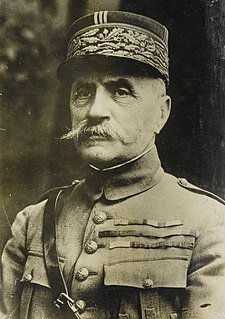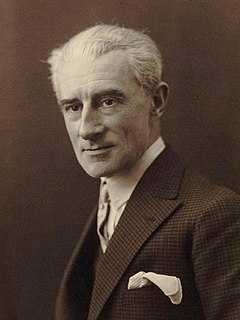A Quote by Aristotle
Thus then a single harmony orders the composition of the whole...by the mingling of the most contrary principles.
Related Quotes
In some exquisite critical hints on "Eurythmy," Goethe remarks, "that the best composition in pictures is that which, observing the most delicate laws of harmony, so arranges the objects that they by their position tell their own story." And the rule thus applied to composition in painting applies no less to composition in literature.
The fact is that the beautiful, humanly speaking, is merely form considered in its simplest aspect, in its most perfect symmetry, in its most entire harmony with our make-up. Thus the ensemble that it offers us is always complete, but restricted like ourselves. What we call the ugly, on the contrary, is a detail of a great whole which eludes us, and which is in harmony, not with man but with all creation. That is why it constantly presents itself to us in new but incomplete aspects.
As the Nazi regime developed over the years, the whole structure of decision-making was changed. At first there were laws. Then there were decrees implementing laws. Then a law was made saying, ‘There shall be no laws.’ Then there were orders and directives that were written down, but still published in ministerial gazettes. Then there was government by announcement; orders appeared in newspapers. Then there were the quiet orders, the orders that were not published, that were within the bureaucracy, that were oral. And finally, there were no orders at all. Everybody knew what he had to do.
Composition is a process of combination, in which thought puts together complementary truths, and talent fuses into harmony the most contrary qualities of style. So that there is no composition without effort, without pain even, as in all bringing forth. The reward is the giving birth to something living--something, that is to say, which, by a kind of magic, makes a living unity out of such opposed attributes as orderliness and spontaneity, thought and imagination, solidity and charm.
All the same, the fundamental truths which govern that art are still unchangeable; just as the principles of mechanics must always govern architecture, whether the building be made of wood, stone, iron or concrete; just as the principles of harmony govern music of whatever kind. It is still necessary, then, to establish the principles of war.
A few words worthy to be remembered suffice to give an idea of a great mind. There are single thoughts that contain the essence of a whole volume, single sentences that have the beauties of a large work, a simplicity so finished and so perfect that it equals in merit and in excellence a large and glorious composition.
Principles always have natural consequences attached to them. There are positive consequences when we live in harmony with the principles. There are negative consequences when we ignore them. But because these principles apply to everyone, whether or not they are aware, this limitation is universal. And the more we know of correct principles, the greater is our personal freedom to act wisely.







































